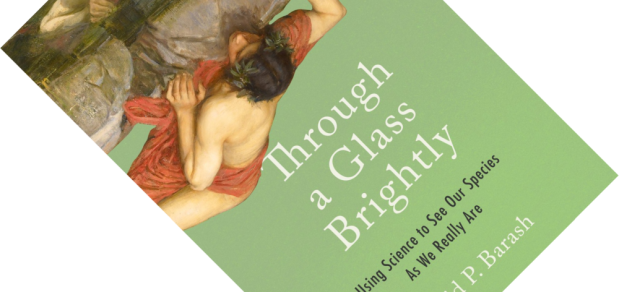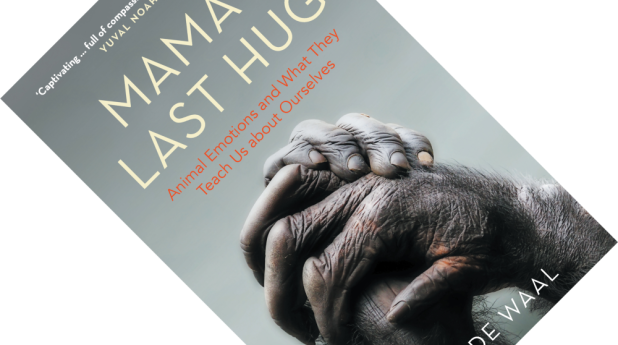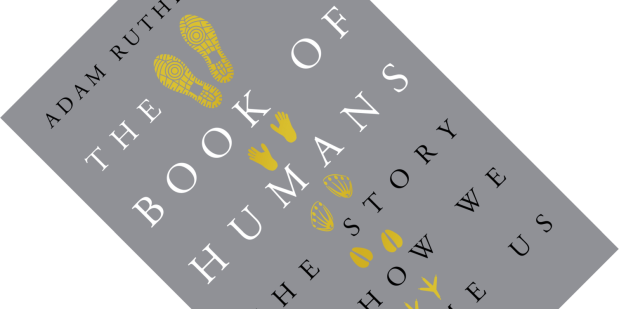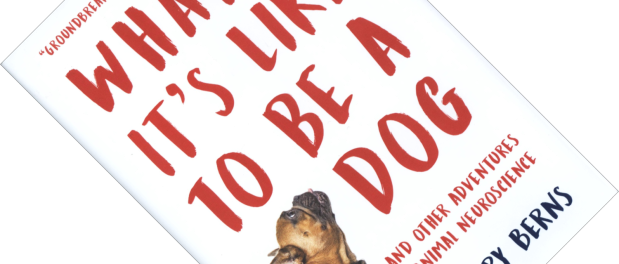6-minute read
Science has brought us many advances and has deepened our understanding of the world around us, pushing back the boundaries of our ignorance. But as it has given, so it has taken. It has revealed a vast stage whose age is measured in incomprehensible epochs of Deep Time and whose dimensions stretch away into the frigid depths of an uncaring cosmos. Leaving us bereft of meaning and purpose, science has driven home how utterly insignificant we, the denizens of that Pale Blue Dot, ultimately are. Personally, I find this perspective deeply humbling and I know many scientists feel likewise, but I also realise we live in a bubble of our own.
The notion that we are unique, special, or – in the eyes of many still – God’s chosen children, persists. Luckily for us all, evolutionary biologist David P. Barash is here to take down our “species-wide narcissism” a peg or two (or three). But far from a self-congratulatory circle-jerk, Through a Glass Brightly is an erudite, life-affirming, and sometimes riotously amusing look at ourselves.






